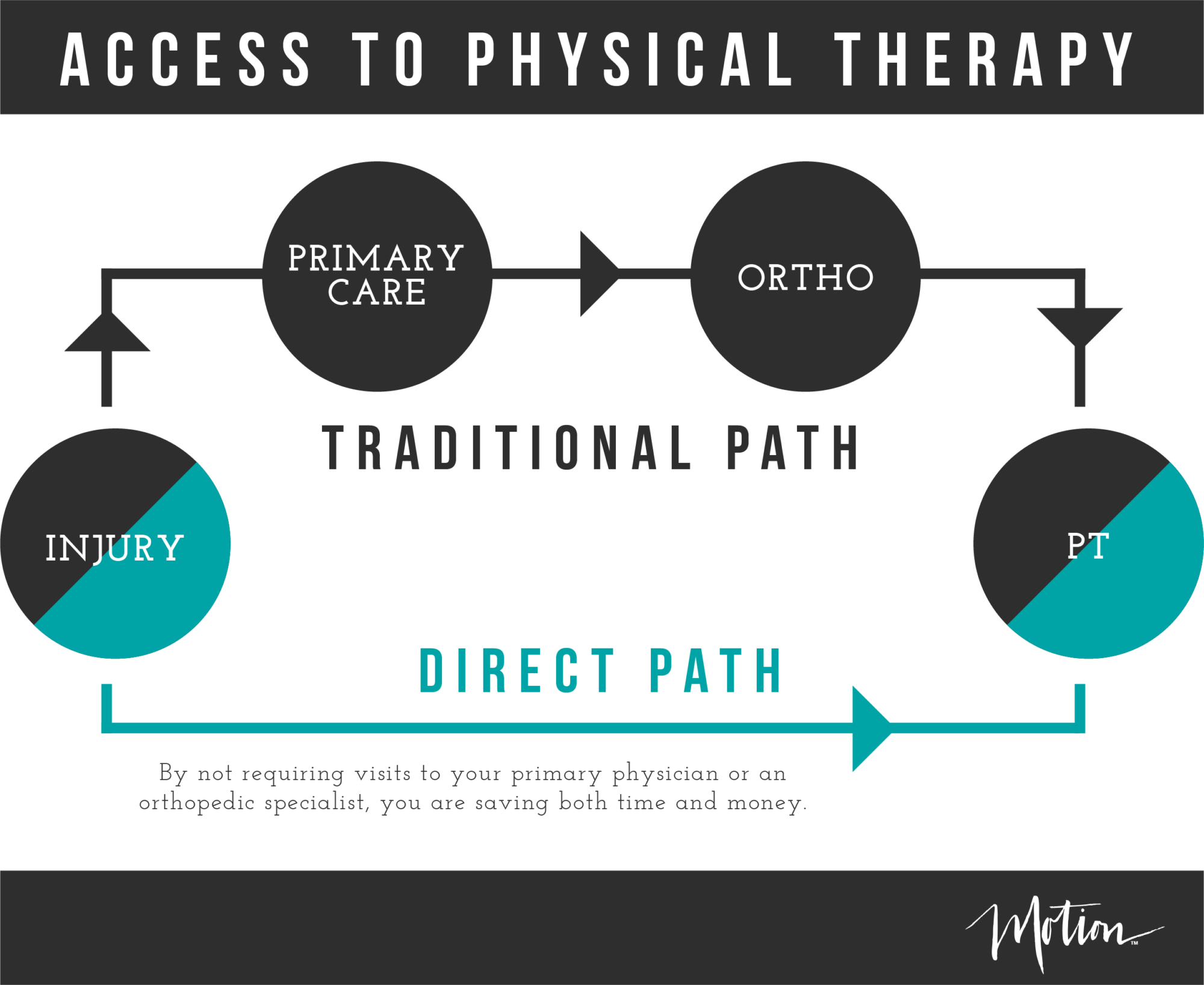Let’s chat about medical check-ups. We have them annually, bi-annually, monthly, etc. We have them with our primary physicians, OBGYN’s, optometrists, dermatologists, dentists and so on. We get blood work drawn, prescriptions updated, eyes dilated, and teeth cleaned; all so that we can take preventative measures in ensuring we are in tip-top shape. Love it! But are we forgetting an important piece of this self-care puzzle?
What about movement check-ups from your favorite physical therapist? A medically-trained, doctorate level, movement specialist whose job is to maintain, restore, and improve activity and function. Why not have a monthly, 3-month, or even a 6-month check in to evaluate your strength, range of motion, functional movements, body mechanics, training prescription, or that dang shoulder pain you started having a week ago after playing ball with your kids?
Research shows prevalence of non-communicable diseases as the major cause of morbidity and mortality in the United States(1). These diseases may include, heart disease, stroke, diabetes, and lung disease which are strongly associated with risk factors and behaviors, such as physical inactivity. This is where physical therapy can play a large role in prevention. With frequent check-ups, a PT can prescribe graded physical activity and exercise, provide appropriate education, and encourage patients to take an active approach to their own health and well-being.
Not only is it beneficial from a wellness standpoint, but visits to physical therapy have shown to be much more cost effective. One systematic review assessed 34 articles pertaining to a physical therapist’s performance. It was determined that utilizing physical therapists decreased wait times and healthcare costs, increased diagnostic agreement, and provided high patient and physician satisfaction (2). Moreover, Physical Therapists are educated to evaluate the “whole patient” and thus take into strong consideration not only the singular ailment, but also patient general health and subjective health history.

If you haven’t heard, the American Physical Therapy Association reports, “As of January 1, 2015, all 50 states, the District of Columbia, and the US Virgin Islands allow patients to seek some level of treatment from a licensed physical therapist without a prescription or referral from a physician.” This means that you can see a physical therapist for any musculoskeletal condition without seeing your MD first. We call this “direct access” to care. Direct access rules vary state by state. In Minnesota, most insurances allow direct access for 90 days before requiring an MD referral order. That referral is then good to continue PT for a year after the order is made. There are select commercial insurance policies that require a referral from a physician along with government healthcare programs such as Medicare , Medicaid and Tricare. If you’re unsure about your plan requirements, please contact your insurer in addition to reaching out to Motion staff for some assistance with this! We are here and happy to help!
Let’s consider preventative measures to ensure our bodies stay in optimal function for as long as possible. Don’t feel the need to toughen out that shoulder pain. Make your body a priority. Take the preventative approach before you find yourself struggling with pain, functional impairments, and activity limitations that keep you from doing things you love. You can check with your insurance and local physical therapy clinic so they can guide you on what you’d require prior to a visit if you are unsure. Motion has wonderful front line staff, office managers, and a clinical operations manager that can answer any insurance or financial questions you may have. Never hesitate to reach out as we want you to feel supported. –
Resources:
http://www.apta.org/ScopeOfPractice/
http://www.apta.org/StateIssues/DirectAccess/
http://www.apta.org/ScopeofPractice/PTRolePrimaryCare/
- Bezner, J.R (2015). Promoting health and wellness: implications for physical therapist practice, American Physical Therapy Association, 95(10).1433- 1444. doi: 10.2522/ptj.20140271
- Joseph C., et al (2015). Musculoskeletal triage: a mixed methods study, integrating systematic review with expert and patient perspectives. Physiotherapy, (100). 277- 289.



